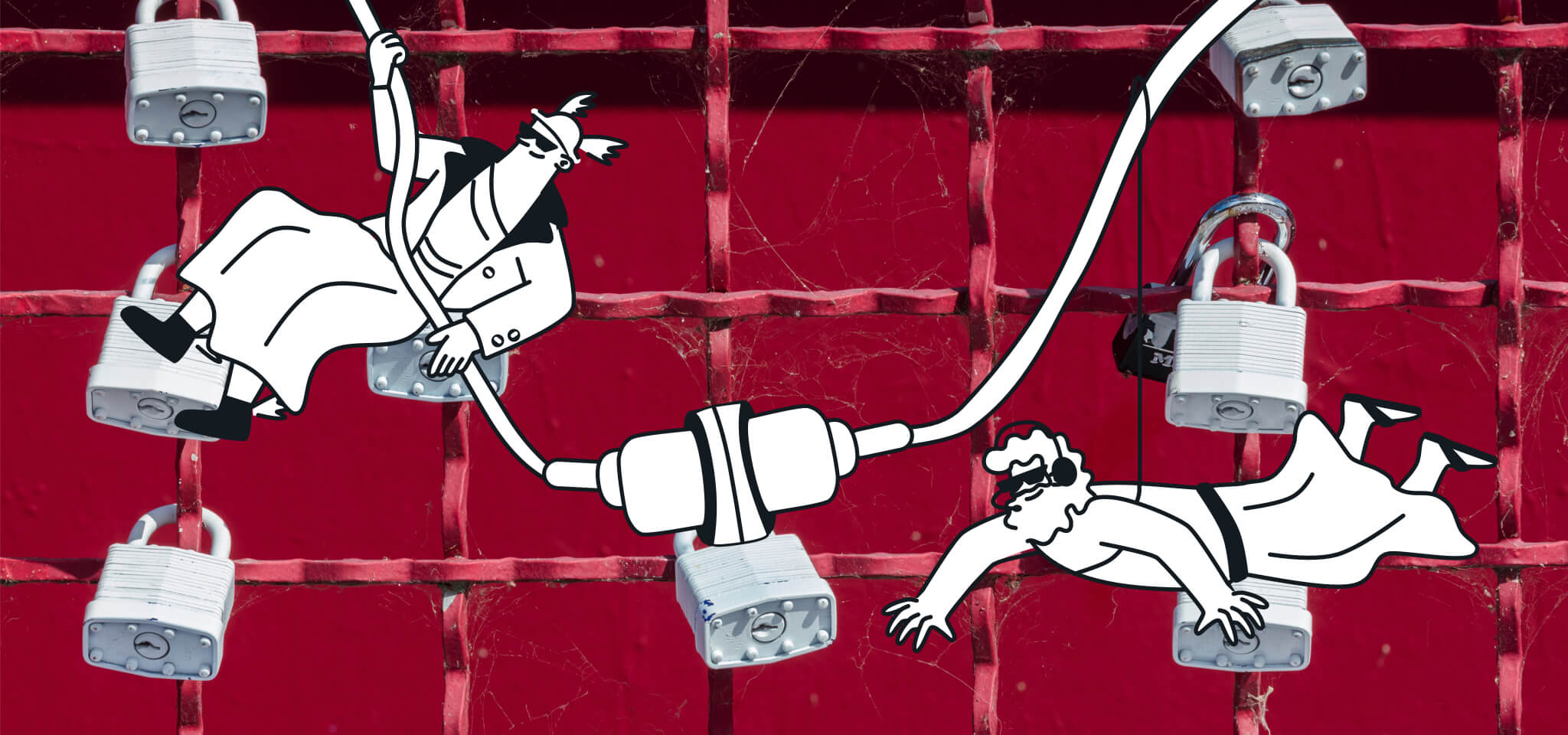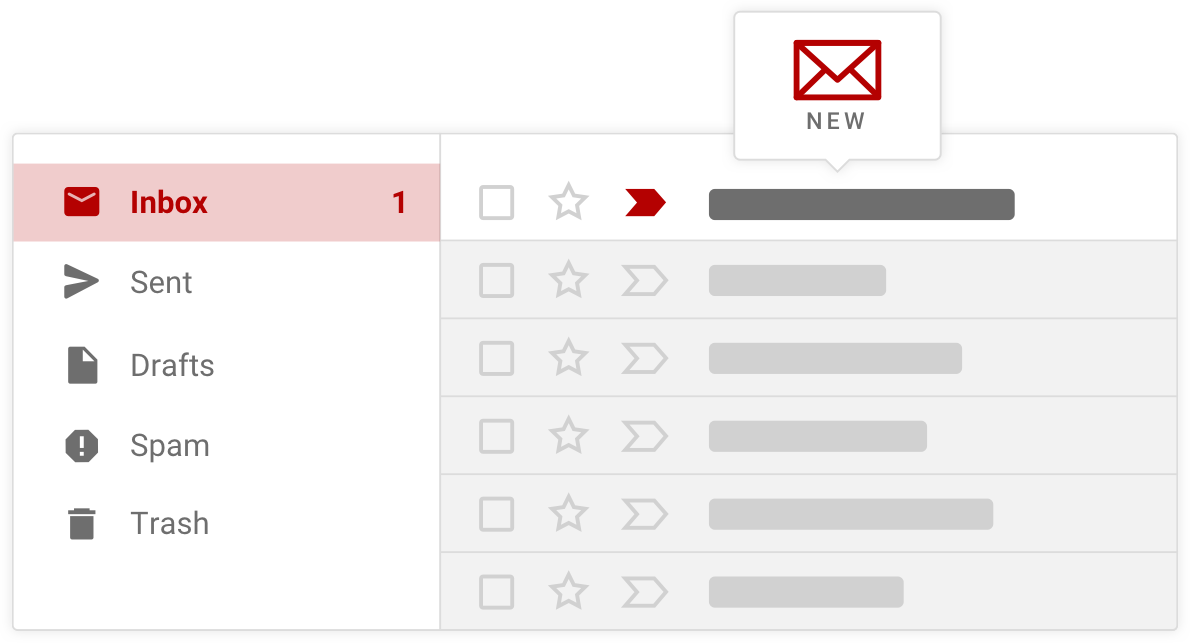Email best practices
COVID-19: Emailing best practices in times of crisis

Email best practices

Currently, many businesses are being affected by containment measures that are meant to slow the spread of the coronavirus and protect people worldwide. Companies in certain industries–like entertainment and travel–have been hit hard by the epidemic and have had to cancel many large-scale events. In other sectors, companies have needed to adapt and plan to maintain stability during and after the crisis.
Because of this, brands around the world are actively contacting customers and partnersto keep them informed and reassured. As you may have noticed in your own inboxes over the last few days, email is being used by brands to carry out these communications on a massive scale.
Despite the urgency of the current crisis, you should continue to follow email best practicesin order to protect your reputation as a sender, the deliverability of your messages, and your brand image. In this article, we’ll tell you all the do’s and don’ts of email best practices.
Email deliverability is the delivery of legitimate emails to the inbox and not the spam folder. Deliverability is a major issue for brands, especially in times of crisis. Brands rely heavily on digital communications and want to know that these communications will reach their intended recipients.
Deliverability is not an exact science, and it depends on a multitude of factors. Keep in mind that red flags for email spamming vary from one Internet Service Provider (such as Gmail, Yahoo, and, Outlook)to another. In recent years, ISPs have become smarter and have moved away from traditional spam filters. Their emphasis is now on the engagement, or non-engagement, of the users. ISPs learn from the way we interact with the messages that arrive in our inbox, and these interactions help them determine whether emails should go to our inbox or land in our spam folder.
In today’s environment, the increasing number of emails received related to COVID-19 is likely to lead to a decrease in the engagement rate on these campaigns. Decreased engagement can then lead to an increase in unsubscriptions or spam reports from recipients. Due to this decrease in engagement, it’s possible that emails related to COVID-19 may begin to be filtered into junk folders by some email clients like Gmail or Outlook.

The answer depends very much on your industry. If you belong to the industries that have been strongly affected (entertainment, events, or travel) and you need to communicate important information (for example: cancellations, postponements, or refund terms), you should continue to email your recipients and give them the information they expect. The same applies if you are in essential areas like healthcare and need to keep people informed as the situation evolves.
ISPs are currently facing a significant increase in inbound traffic related to COVID-19. Some email clients cannot handle increased traffic, and this can cause delays in the delivery of important emails, like those sent by health organizations. Due to the increased traffic, we recommend that you do not send emails if they are not essential. This will decrease email traffic and ensure that really important information can be delivered to the public.
It’s possible that the current crisis is a business opportunity for your brand. If this is the case, only communicate if your message is really timely and useful for your subscribers, and if it helps them during the crisis. Otherwise, you may pay the price in the form of lower engagement and a damaged sender reputation.
In light of the above, if you need to communicate with your subscribers, we recommend the following practices:
You can download our Email Deliverability guide if you want to find all the best practices to follow to improve your general deliverability and avoid the spam or junk folders.
A Mailjet, we are closely monitoring the overall impact of COVID-19 and are committed to doing everything in our power to ensure that our customers do not experience any changes in service levels or response times due to the virus. If you would like to learn more about how we are dealing with the pandemic, click here.
Take care of yourself and those around you.